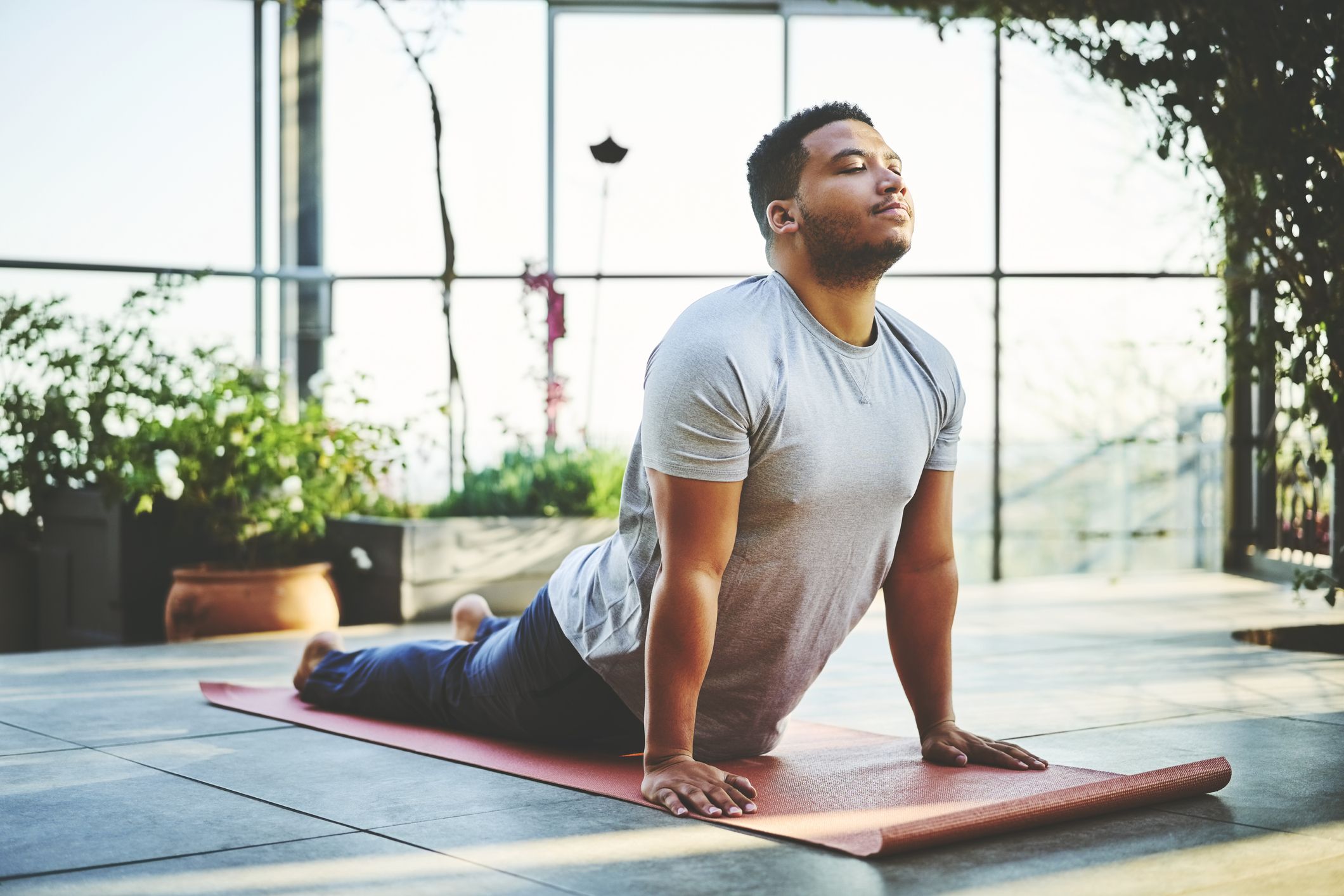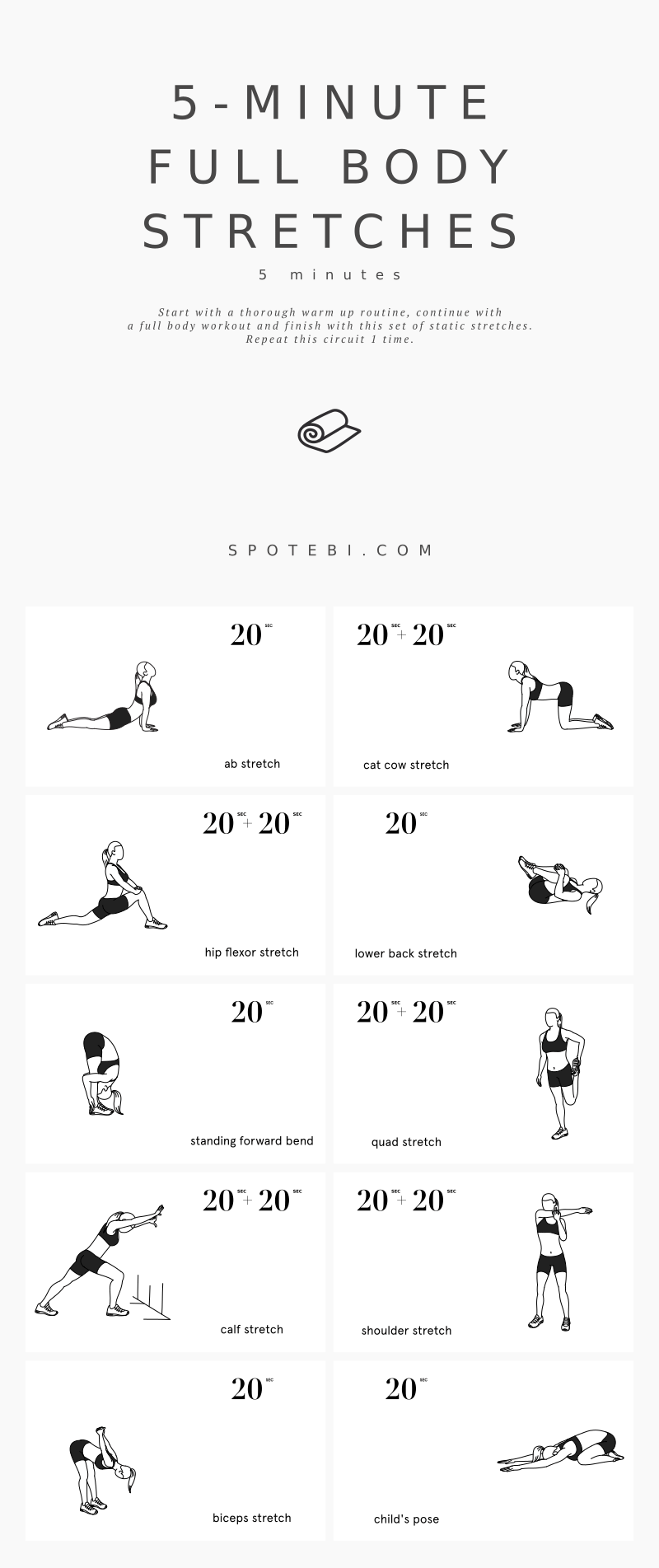Working out and exercising are an essential part of a healthy lifestyle. However, before diving into a workout, it's essential to make sure your body is prepared for the exercise, which can be achieved through proper warm-up and cool-down routines. A proper warm-up prepares the body for the intense activity ahead, while a cool-down helps the body recover and reduce the risk of injury. In this blog, we will discuss how to warm up and cool down properly before and after exercise.
Why Warm-Up and Cool-Down Are Important?
Warm-up is a crucial component of any exercise routine. It helps prepare your body for the activity ahead, gradually increasing your heart rate, blood flow, and body temperature, and loosening your muscles. This can help prevent injuries and enhance performance during your workout.
| Warmup |
On the other hand, cool-down is just as important as a warm-up. It helps bring your body back to a relaxed state and gradually lowers your heart rate and breathing rate. This can help prevent muscle soreness, stiffness, and injury after your workout.
 |
| Cooling Down |
How to Warm-Up Properly?
Start Slow: Start with slow and gentle movements to help increase your heart rate, blood flow, and body temperature. This can include light cardio exercises such as jogging in place, jumping jacks, or stationary cycling.
Dynamic Stretching: Dynamic stretching involves moving your joints through their full range of motion. This can help loosen up your muscles, improve flexibility, and prepare your body for the intense activity ahead. Examples of dynamic stretching exercises include leg swings, arm circles, lunges, and high knees.
Sport-Specific Movements: After performing dynamic stretching exercises, move on to sport-specific movements. This involves performing exercises that mimic the movement patterns of the activity you're about to do. For example, if you're about to play basketball, perform exercises such as dribbling, shooting, and running drills.
How to Cool-Down Properly?
Low-Intensity Exercise: After your workout, gradually reduce the intensity of your activity to help lower your heart rate and breathing rate. This can include walking or light jogging.
Static Stretching: Static stretching involves holding a stretch for 20-30 seconds, which can help increase flexibility and reduce muscle soreness. Focus on stretching the muscles that you used during your workout, such as hamstrings, quadriceps, and calf muscles.
Foam Rolling: Foam rolling is a form of self-massage that can help reduce muscle soreness and improve flexibility. Use a foam roller to massage the muscles you used during your workout, such as the hamstrings, quadriceps, and back muscles.
Here are some additional tips for warming up and cooling down properly:
Warming Up:
Focus on Muscles You'll Use: Your warm-up should focus on the muscles you'll be using during your workout. For example, if you're doing a leg workout, focus on warming up your leg muscles.
Gradually Increase Intensity: Gradually increase the intensity of your warm-up to prevent injury. Start with low-intensity exercises and gradually increase the intensity as your body warms up.
Use Proper Form: When performing dynamic stretching exercises, make sure you use proper form to avoid injury. For example, when doing lunges, keep your front knee above your ankle and your back knee pointing towards the ground.
Cooling Down:
Don't Stop Abruptly: After your workout, don't stop abruptly. Gradually reduce the intensity of your exercise to prevent dizziness and injury.
Breathe Deeply: Take deep breaths during your cool-down to help lower your heart rate and breathing rate.
Stretch All Major Muscle Groups: When stretching during your cool-down, make sure you stretch all major muscle groups. Don't forget to stretch your back, chest, and neck muscles in addition to the muscles you used during your workout.
By incorporating these additional tips, you can further enhance the effectiveness of your warm-up and cool-down routines and prevent injury while improving your overall fitness.
In conclusion, warming up and cooling down are important components of any exercise routine. A proper warm-up can help prepare your body for the intense activity ahead, while a cool-down can help reduce muscle soreness, stiffness, and injury after your workout. Remember to start slow, perform dynamic stretching exercises, and sport-specific movements during your warm-up. For cooling down, gradually reduce the intensity of your activity, perform static stretching exercises, and use a foam roller for self-massage. By following these simple steps, you can stay injury-free, improve your performance, and enjoy the benefits of exercise.




No comments:
Post a Comment